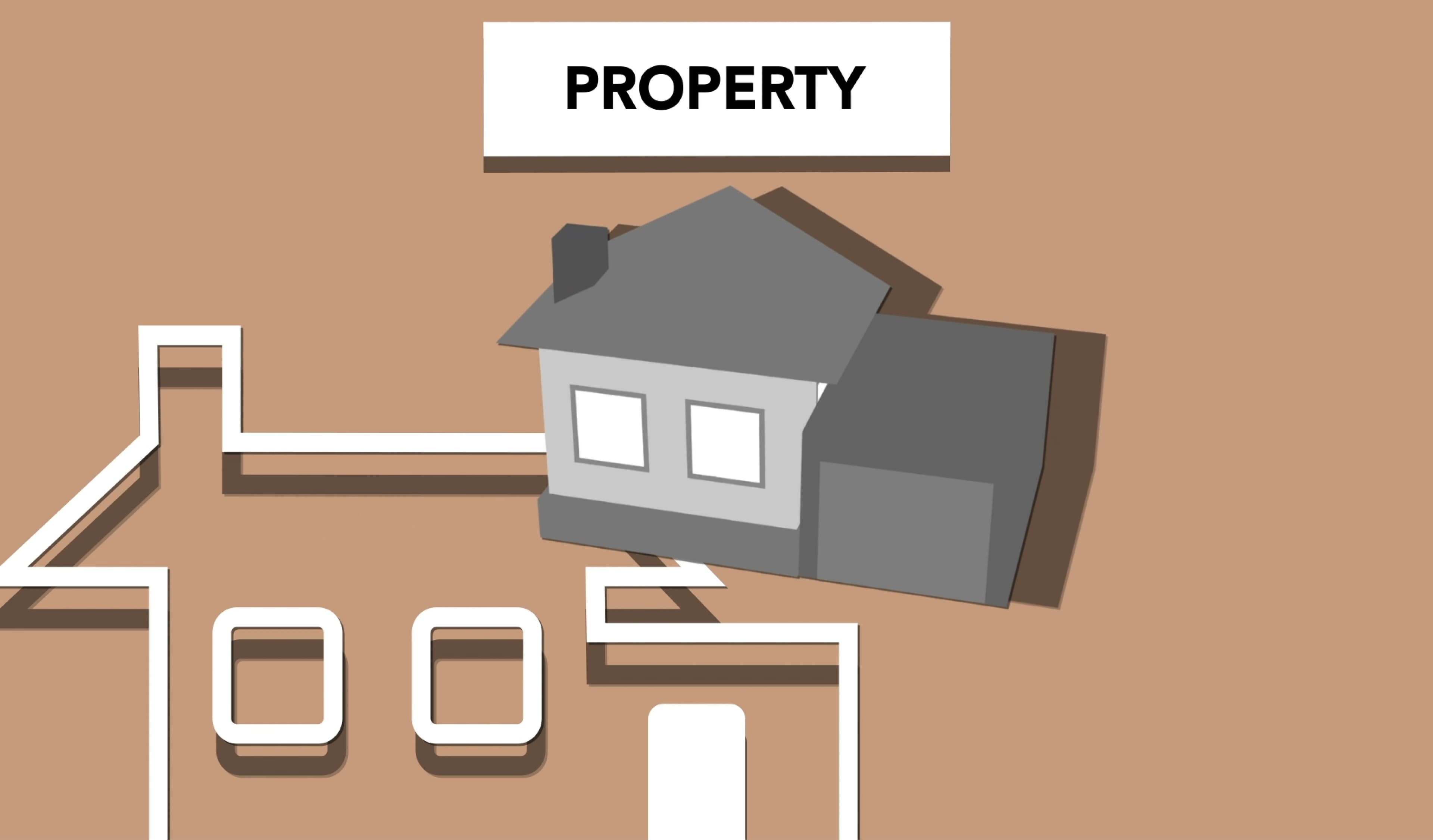How Does the Tarrant Appraisal District Assess My Home's Value?
Your Tarrant County home’s property taxes are based on the Tarrant Appraisal District’s (TAD) assessment. TAD is responsible for determining an appraised value for every taxable property in the county, and Texas law requires the appraised value to reflect fair market value. If it does not, you can file a property tax protest to lower your home’s assessed value.
What is the Tarrant Appraisal District?
Each Texas county has its own appraisal district office responsible for appraising and exempting properties from local property taxes. In Tarrant County, the Tarrant Appraisal District sets the taxable value of every home and property for all of the county’s 73 taxing units. These units use your taxes to pay for local schools, police and fire departments, roads, courts, and other governmental services.
How Residential Home Values are Determined
TAD uses mass appraisal techniques to determine your home's appraisal value. The calculation applies statistical modeling, using local home sale prices and publicly available home information, such as square footage and the number of bedrooms.
Three significant numbers make up your home's annual appraisal value: cost value, land value, and a market adjustment. Generally, the cost value is your house's appraisal value from the previous year. TAD's statistical modeling then creates a market adjustment using comparable home values. For example, if your neighbor's house sold for 10% above its previous appraisal value and is exactly the same as your home, the market adjustment should be around 10%.
However, before applying the market adjustment to your previous appraisal value, TAD deducts the land value of your property without any improvements (such as a house). So, if TAD's modeling determines the market adjustment is 10%, it would create an increased appraisal value of less than 10% after subtracting the land value from the cost value of the property.
Why Your Home’s Property Tax Appraisal Value is Often Too High
Because TAD uses statistical modeling to calculate appraisal values, all home values are placed on a bell curve. Therefore, half the homes in the district are appraised for more than they would sell for on the open market. This is despite Texas law requiring property appraisals to reflect the house's fair market value.
So, if your appraisal value seems to not match your home’s market value, one or more mistakes may have caused the miscalculation. And since your appraisal value is used for property taxes, having too high of a taxable value could lead to you paying too much in taxes.
Filing a Property Tax Protest
Luckily, Texas law also creates a right for every homeowner to protest their tax appraisal value. A property tax protest questions TAD’s determination of your home’s value. During a tax protest, you can examine various aspects of TAD's process, including whether they used correct public records for your home, accounted for directly comparable home sales, or mistakenly increased your taxable value by more than 10% over the prior year.
The property tax protest process in Tarrant County includes both an informal review and a formal hearing. Taxpayers left unsatisfied with the results of the informal process can proceed to a hearing in front of the local Appraisal Review Board (ARB). The ARB has the power to determine your home's appraised value should be lower than TAD's determination.
Winning a hearing before the ARB will result in you paying lower tax bills for each local taxing unit. And you are allowed to have a professional collect evidence supporting your case and represent you during your ARB hearing.
The experienced team at Ballard Property Tax Protest can help you by evaluating your home and finding information that can show why your appraised value is excessive. Remember, TAD does not inspect your home individually but only applies a mass statistical analysis to properties. This leaves lots of room for error.
If you sign up for Ballard's services through our online portal, we can begin to work out a plan to reduce your appraisal value and lower your tax bills. Best of all, you do not pay anything out-of-pocket for Ballard's team to start assisting your tax protest case.
